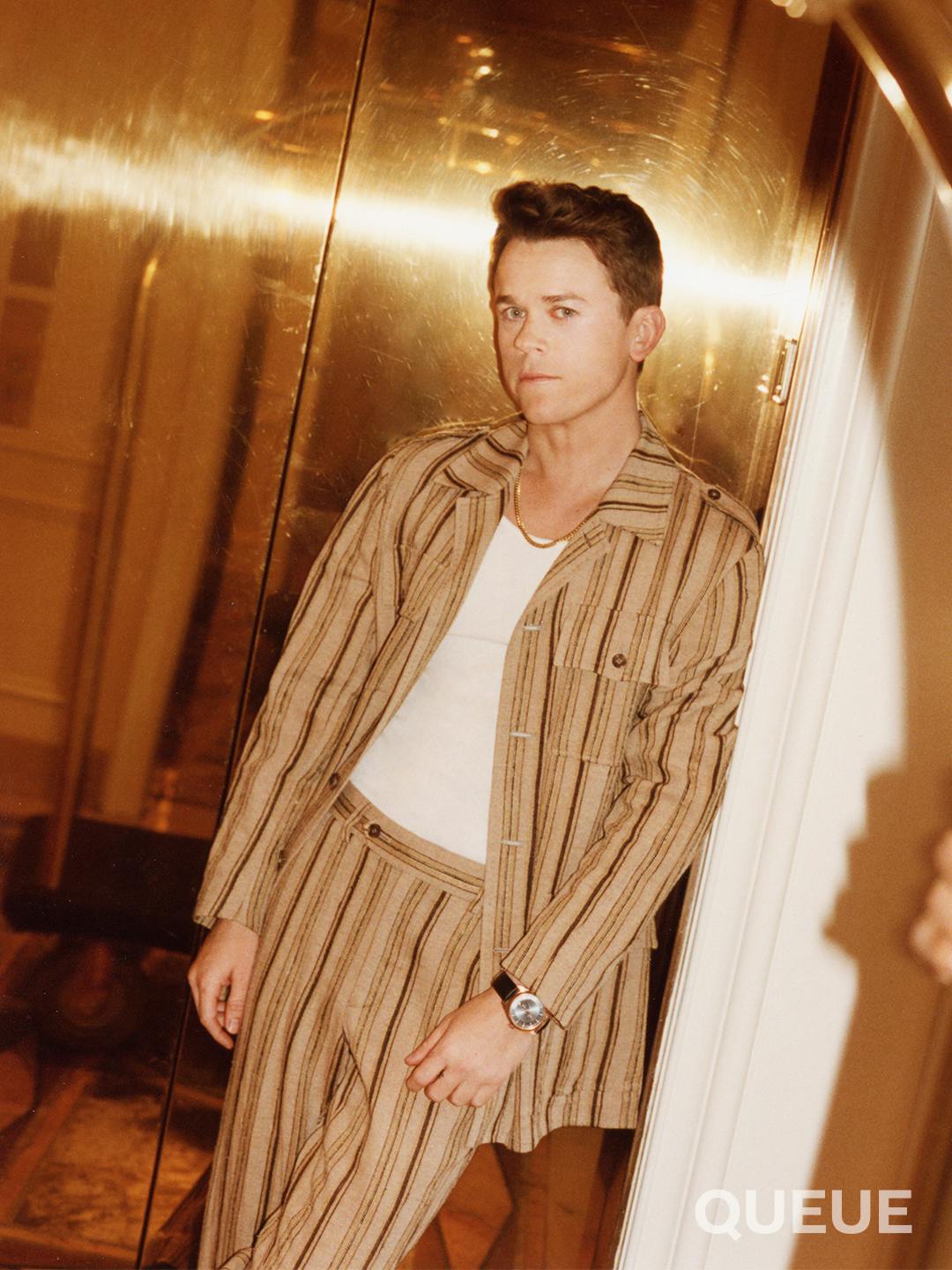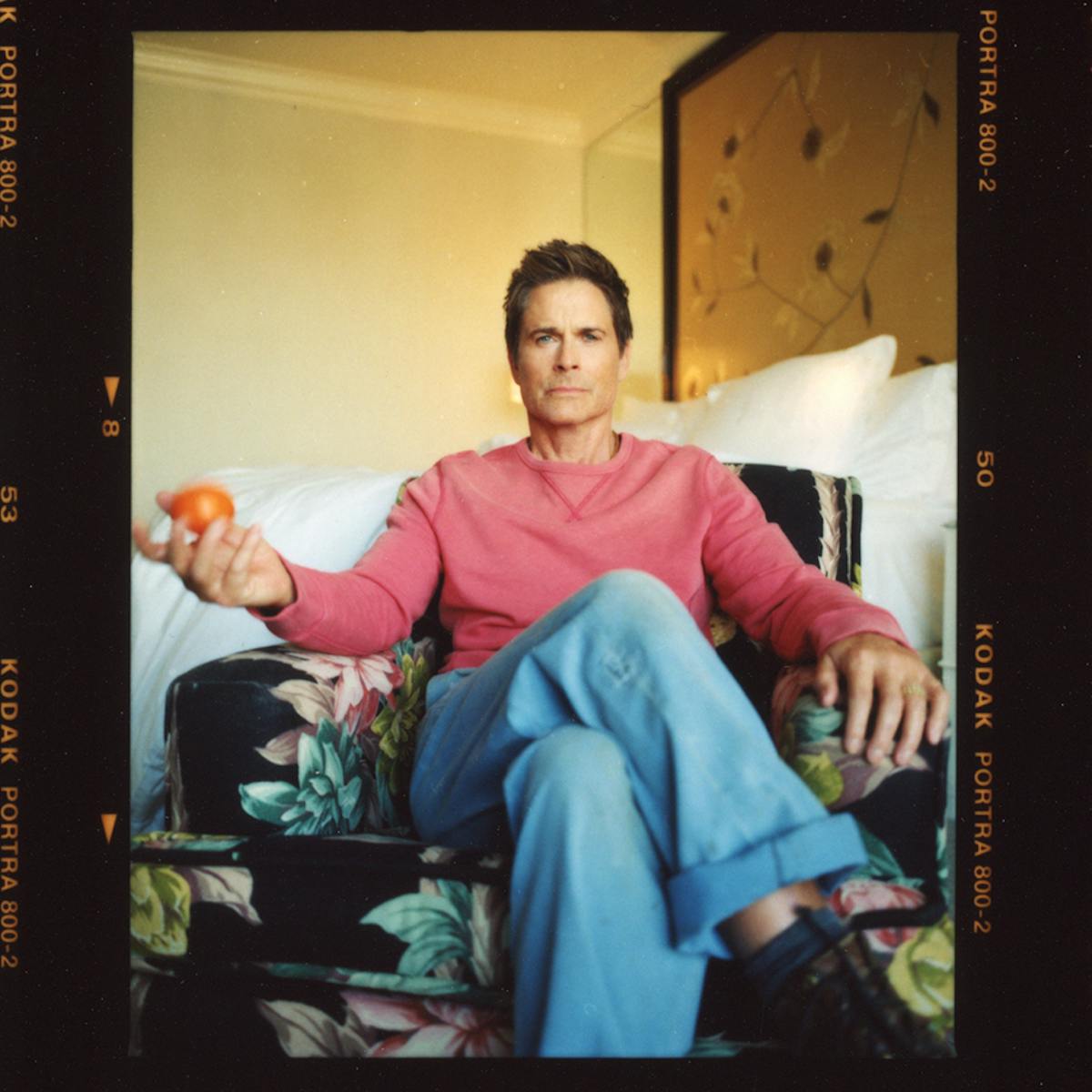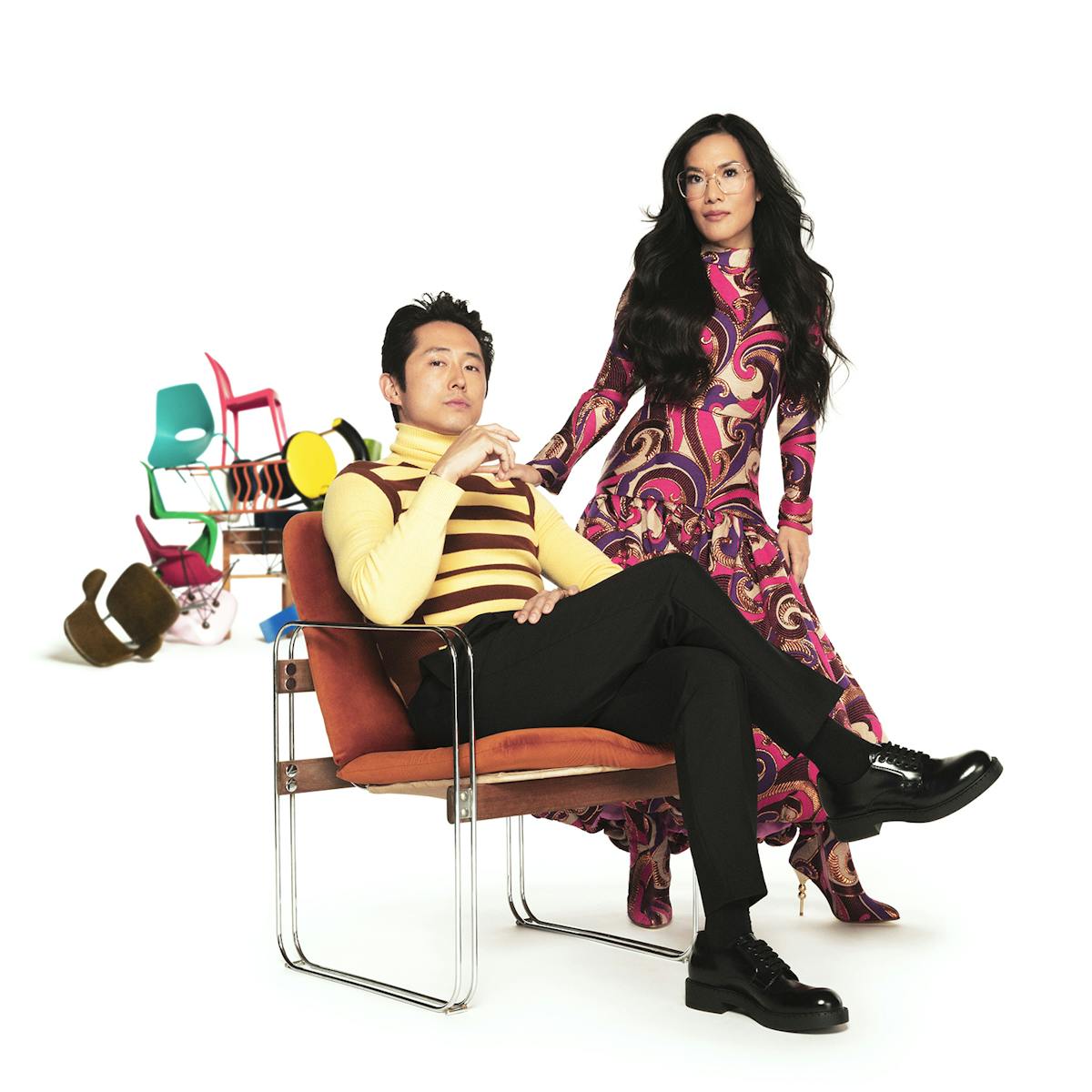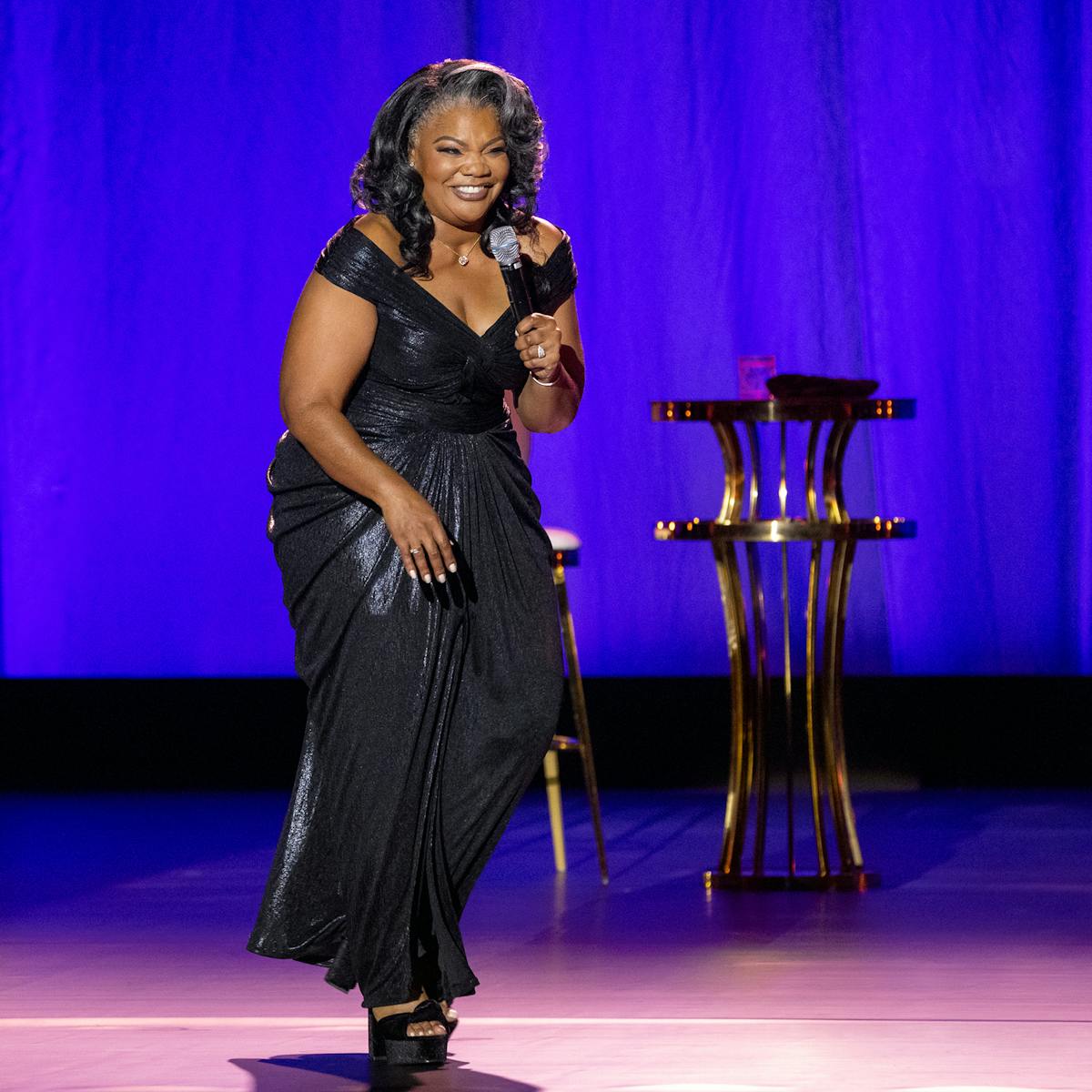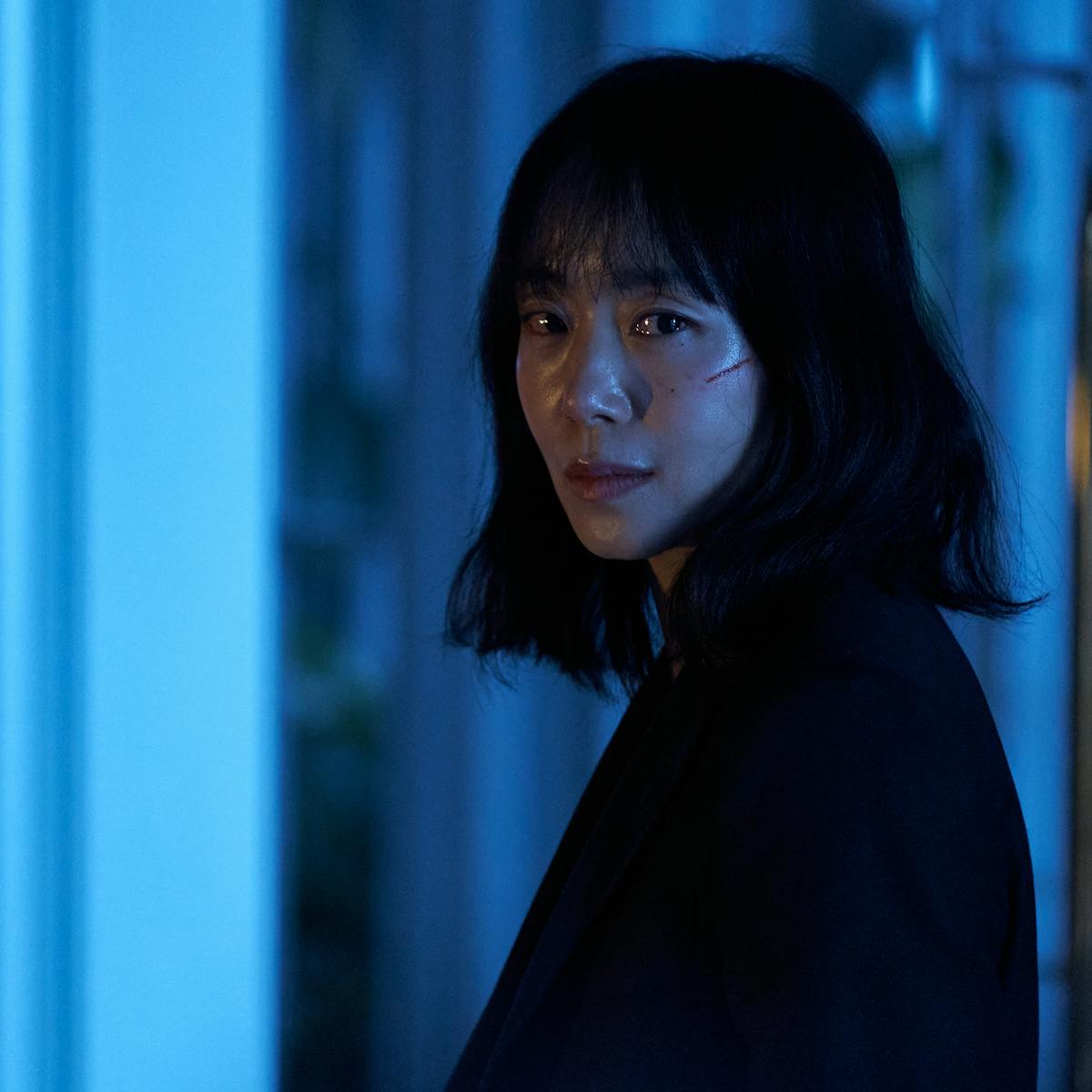From a young age, John Owen Lowe knew he was growing up in a creative household. Watching his father, Rob Lowe, as he starred in television shows like The West Wing and Parks and Recreation, he did not think it was a path he could take himself. “I just never thought of it as a career choice because I saw what my dad went through from a young age, how hard he worked, how challenging the industry was,” he explains. While growing up John Owen gravitated towards the piano and writing, when it came time to pursue a career, he choose science and technology at Stanford University and spent his summers working in a lab at the UCSF Eli and Edythe Broad Center of Regeneration Medicine and Stem Cell Research. Even as he excelled in the sciences, he was drawn back to his teenage passions: “That artistic side of me never really quieted down and I found myself back in [it].”
After graduating from college, Lowe answered the call, acting opposite his dad in The Grinder (2015-2016) and Holiday in the Wild (2019) and writing for the television series 9-1-1: Lone Star (2020). Now, at age 27, he’s created his first show and taken on his first starring role with Unstable, a father-son comedy. The series follows egomaniac tech entrepreneur Ellis Dragon, played by Rob, who enlists the help of his introverted son Jackson to help pick up the pieces at his biotech company after the death of his wife. With the future of Dragon Enterprises on the line, the duo are forced to wade in some uncomfortable familial waters and confront their complicated relationship head-on.
The inspiration for Unstable came from John Owen’s real-life dynamic with his father, which turned out to be a goldmine of comedic opportunity. “I don’t want to say that I coined the phrase ‘nepo baby’ before it was a thing, but I was definitely worried that I was never going to escape his shadow, even though I was super passionate about being artistic and wanted to work hard,” he explains. Alongside co-creator Victor Fresco (Santa Clarita Diet), the Lowe pair constructed a workplace comedy about a son trying to forge his own path as a flute teacher as his father keeps trying to bring him back into the chaotic family biotech business. “I’m choosing to laugh at my pain,” John Owen jokes.
While Unstable is chiefly a comedy featuring a cast of fresh faces — Aaron Branch, Rachel Marsh, and Emma Ferreira join both Lowes as fellow employees of Dragon — and genre mainstays like Fred Armisen (Saturday Night Live) and Sian Clifford (Fleabag), it explores weightier topics like grief, family trauma, and the power of acceptance. For John Owen, that balance was as natural as it was crucial. “What would make me the happiest is if people walked away from our show having laughed, but also with a sense that they should maybe reach out to their family more and push through those difficult interpersonal relationships,” he says. “Because that’s really the story of Jackson and Ellis: Despite their differences, they come together.”
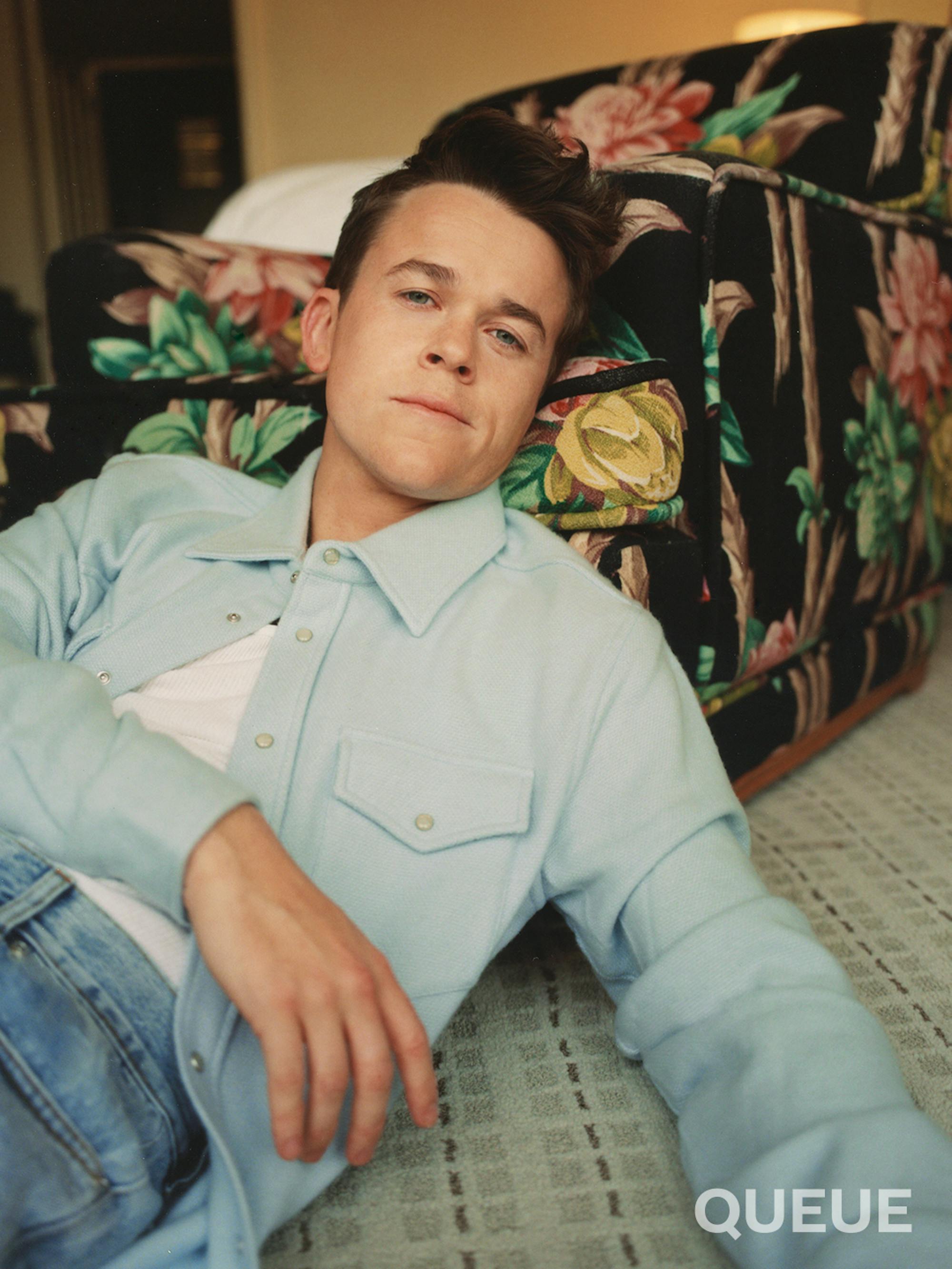
John Owen Lowe
Queue: What does it feel like to be embarking on the show being in the world and your first leading role, your first show that you’ve created?
John Owen Lowe: It’s definitely surreal, especially because this was over two years in the making now for me. I would say, to go even deeper, the fact that it’s based on my life and so personal to me, it’s very rewarding and cathartic and special.
Ellis and Jackson Dragon: That father-son pairing of the eccentric dad and the introverted son could have worked in a variety of different environments. What made you want to set this in the tech world?
JOL: I am a huge fan of the genre of comedy of manners, anything poking fun at the elite class. I think because of where we are as a society, there’s never been a better time to poke fun at the ridiculous ruling class. When we were trying to place what kind of world we wanted to put ourselves in, the first person that came to my mind was Elon Musk. We were like, “Man, there are so many insane people who just keep failing upwards in that industry. Let’s make fun of that.”
[The series] talks about grief, living up to expectations, and [other] heavier topics. How do you as a writer, and as a comedic actor, balance those two in your performance and your writing?
JOL: They inform each other; I think they go hand in hand. One thing that our show does well is weaving between those two things, where it’s a very real father-son dynamic and there are real family dynamics and friend dynamics, and the loss of a family member, and societal strains on interpersonal relationships. That type of stuff is super real in my life. And one of the ways I’ve learned to deal with it is through comedy, through laughing.
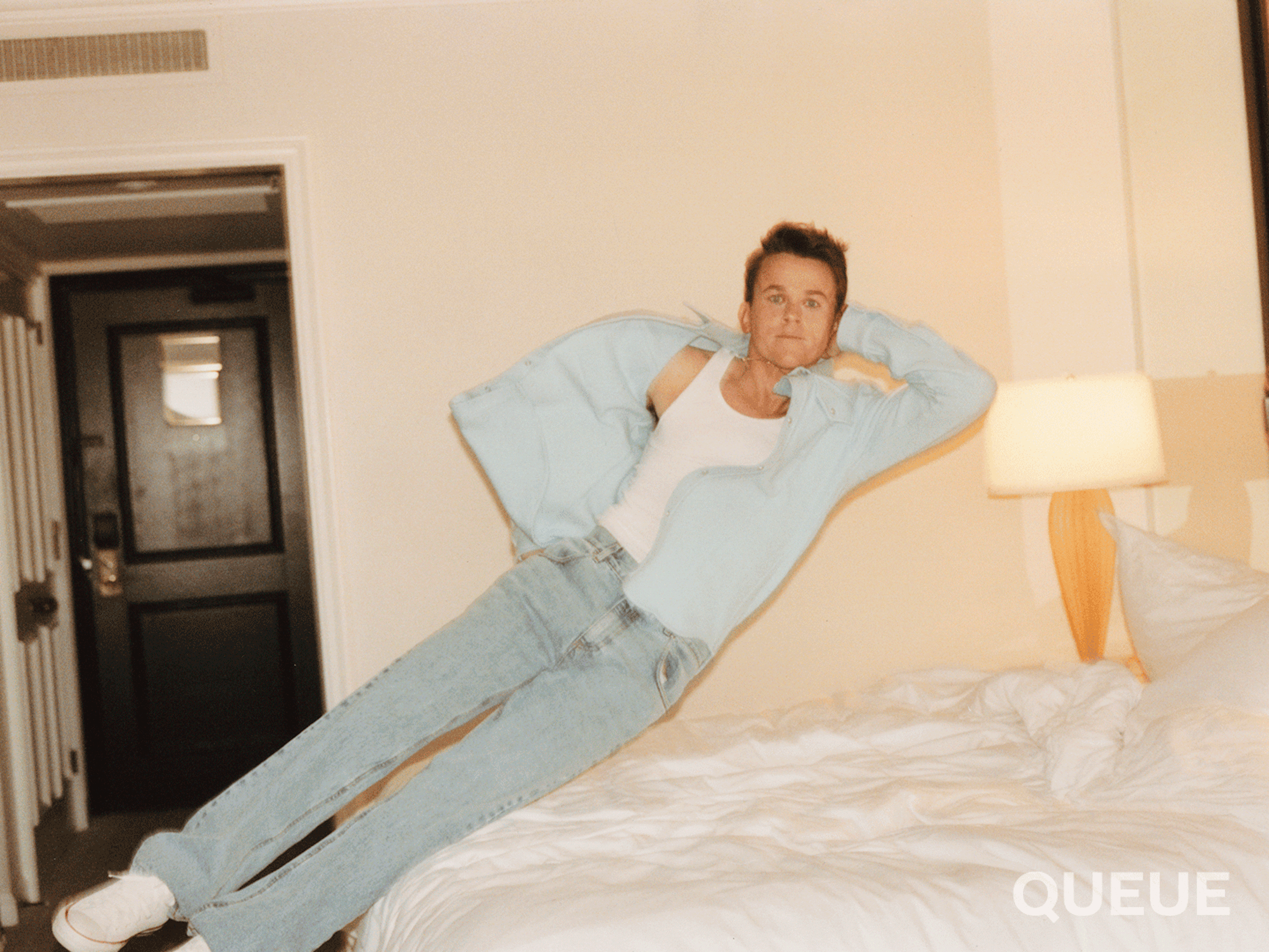
John Owen Lowe
What was it like working with your dad offscreen and onscreen, developing the dynamic between Jackson and Ellis?
JOL: I was very impressed with my dad. He’s super professional; he’s very talented. He had a lot of advice. That segues well into my other answer, which is that it was a little disturbing at times how seamlessly he flowed in and out of his character into his real human being. There were many times when his character would be overstepping into Jackson’s life and telling Jackson what to do. We’d call cut, and without missing a beat, he’d be like, “And by the way, I feel like they’re lighting you too harshly today and you need to . . . “ Thank you, Dad/Ellis.
Another dynamic throughout the show is Jackson’s awkward but also very sweet love triangle with Ruby and Luna. How did you think about [building] that dynamic?
JOL: Emma [Ferreira] and Rachel [Marsh], beyond just being very, very talented actors are so, so nice. It was such a treat for me to have people my age going through a similar moment as me. We all helped each other through that. The Ruby and Jackson date scene and the awkwardness in the lab, that stuff I really relished. Because dating sucks, it’s so awkward until it’s not. On TV, so often we see meet-cutes and falling in love. I like writing and telling the stories of how freaking awkward [it] is.
As the co-creator, you work behind the scenes. You’re also onscreen, as an actor. What was the hardest day or hardest character arc to break or hardest thing to figure out on that side of the camera? As an actor, what was the hardest day?
JOL: Behind the camera, I would say that just learning what it means to be an executive producer on a show of this scale was a process for me. I mean, hiring all of the right people and then getting them integrated and building massive, beautiful sets and set decorating, and all of the intricacies that go into that. I was just blown away by how hard everyone works and how much detail goes into that. That was challenging but in a very rewarding way.
Finding Jackson’s character was very difficult, from a writing perspective, because I didn’t want to completely play myself and I also wanted to be true to the father-son relationship. So I think that took a lot of effort and nuance. On camera, it really was so fun. It was like summer camp there.
